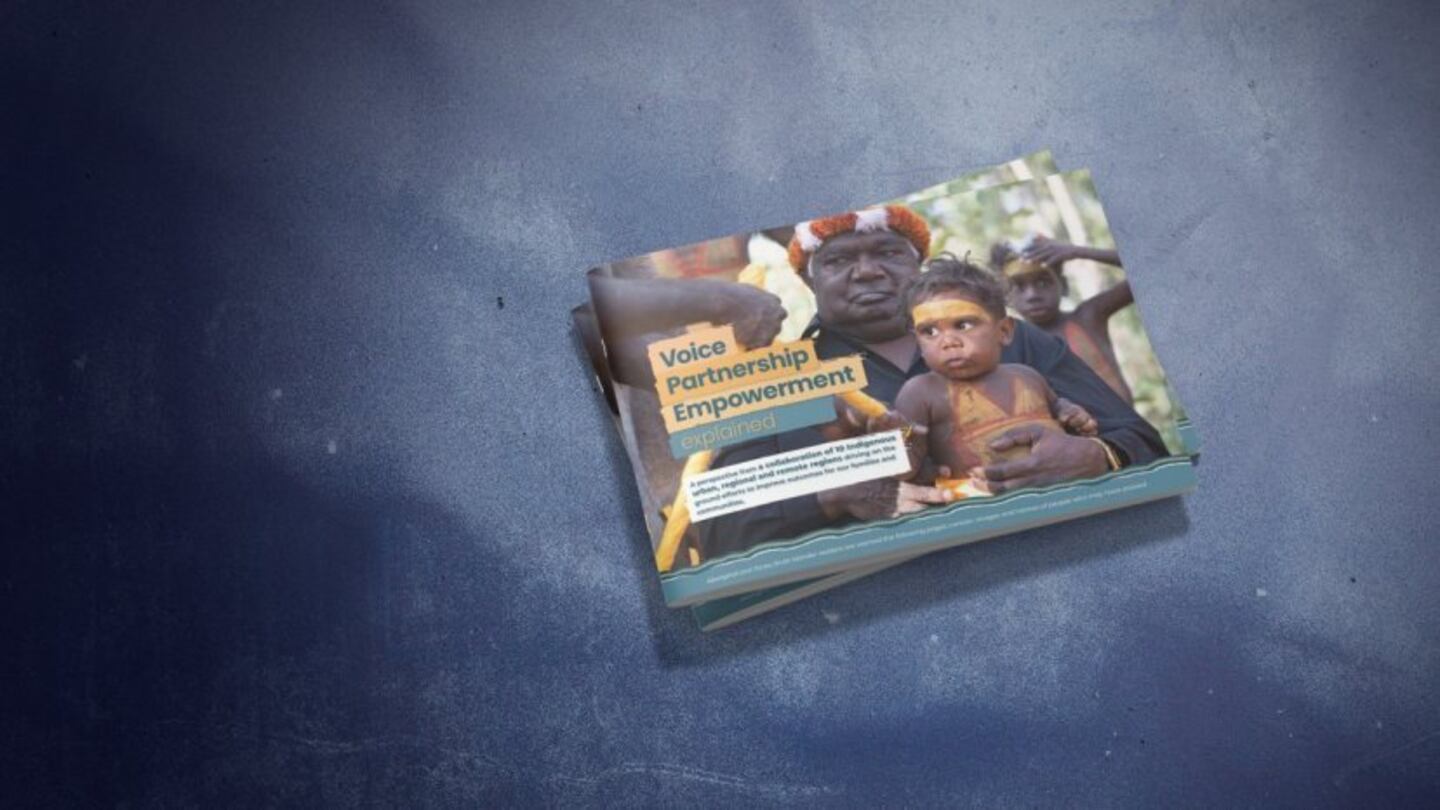Indigenous representation in soccer is rarely seen on a world scale in Australia but, with the Indigenous Football Festival taking place in Queensland today, the Australian Indigenous Football Council is looking to change that and to push beyond just a festival in the future.
Former Socceroos captain and human rights activist Craig Foster is an ambassador for the event and sees this as a platform for indigenous people to promote their skills and their culture.
“Incredibly powerful. And over the past five or six years that it's been growing and building is an immense pride for all of them, being able to pull on the jersey that says, 'this is my culture, this is who I am', and as everyone will know in New Zealand and in Australia, they're opportunities that are quite rare.”
Foster has been a supporter of the Indigenous Football Treaty and says it’s imperative that this festival not only be recognised by other indigenous nations but also by the international governing body of football.
“FIFA should be supporting this because this is the indigenous people bringing their own self-determination to life. This indigenous football festival between the two nations, well indigenous people thereof, is actually the best example, the most important manifestation of what FIFA should be doing for indigenous people all around the world,” he says.
FIFA support needed
FIFA is bound to the UN Declaration on the Rights of Indigenous Peoples around the world, and Foster believes it should be supporting a cause like this, to open up pathways for indigenous peoples to a stage where they are rarely seen.
“What we're saying is because FIFA is bound to the UN Declaration on the Rights of Indigenous Peoples, the fundamental principle is self-determination. Therefore, it is time for Māori Football Aotearoa, the Australian Indigenous Football Council, the indigenous peoples' football organisation of Canada, and Hawai'i, and Papua New Guinea to come together to sit down with FIFA to say how we're going to bring our own self-determination to life. That's their responsibility.”
On July 19 the Hawaiian Hui Kanaka Pōwāwae Football Federation will sign a similar treaty with Aotearoa and will look to further join arms with Australia also to form a tri-nations series
However, Foster is looking even further beyond at a multi-nation tournament.
“The question for all of us is what does the future of Indigenous Football competition on a global stage look like, and the only answer to that can be a World Indigenous Football Cup.”
Today both Indigenous Australia and Māori teams are competing in their second match of this indigenous football festival, with culture at the forefront.

